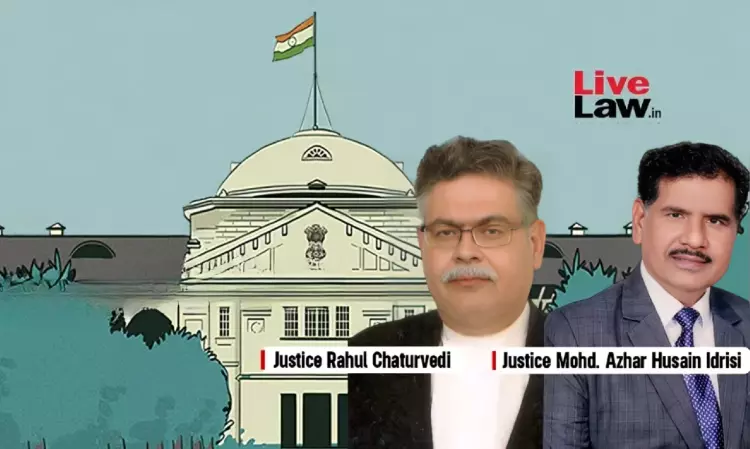Mechanical Addition Of S. 302 IPC 'Unsustainable': Allahabad HC Explains When Trial Courts Can Add Murder Charge In Dowry Death Cases
Sparsh Upadhyay
28 Jun 2024 2:40 PM IST

Next Story
28 Jun 2024 2:40 PM IST
The Allahabad High Court recently took exception to the routine and mechanical addition of Section 302 of the IPC (Murder) by trial court judges in the state to the cases already involving dowry death and dowry-related inhuman treatment without any supporting material. A bench of Justice Rahul Chaturvedi and Justice Mohd. Azhar Husain Idrisi observed that the mechanical addition of...
